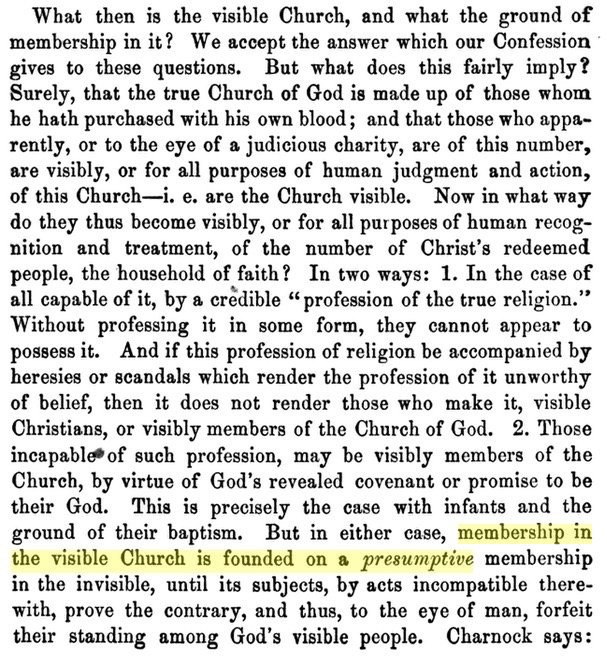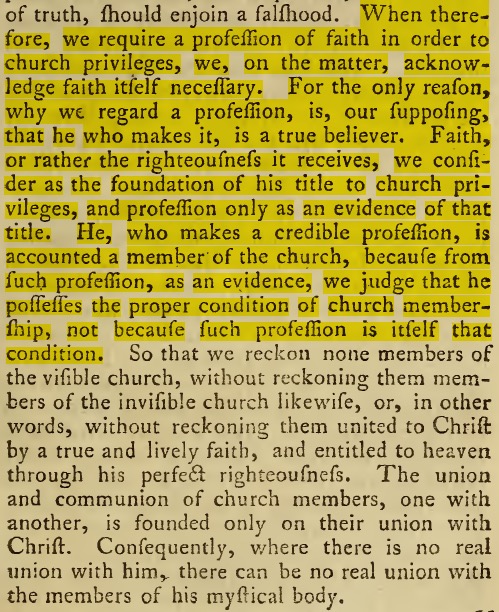05
Jul
2017
In
By Brandon Adams
Is the Covenant Theology of the 1689 Confession Substantially Different from the 1644/46?
On 05, Jul 2017 | In | By Brandon Adams
No.
[T]he writings of the men who published the First London Confession demonstrate that they were committed to the same kind of Covenant Theology that is more explicitly articulated in the Second London Confession. John Spilsbury, sometimes suggested as the author of the First Confession, writing in his 1643 book A Treatise Concerning the Lawful Subject of Baptisme, said on the very first page of the text, “As the Scriptures being a perfect rule of all things, both for faith and order; this I confesse is a truth. And for the just and true consequence of Scripture, I doe not deny; and the covenant of life lying between God and Christ for all his elect, I doe not oppose: and that the outward profession of the said Covenant, hath differed under severall Periods, I shall not deny.”
No Substantial Theological Difference between the First and Second London Baptist Confessions
Though the word “covenant” is not used extensively in the [1644] document, the concept is at the very root of the theology described. After an introductory paragraph and several important statements about God, his purposes in the world, and the centrality of Scripture, paragraph x explicitly introduces the language of “covenant.” We are told that Jesus Christ (who is the theme of Scripture, paragraphs viii and ix) is the “mediator of the new Covenant, even the everlasting covenant of grace.
Covenant Theology in the First and Second London Baptist Confessions, Recovering a Covenantal Heritage




